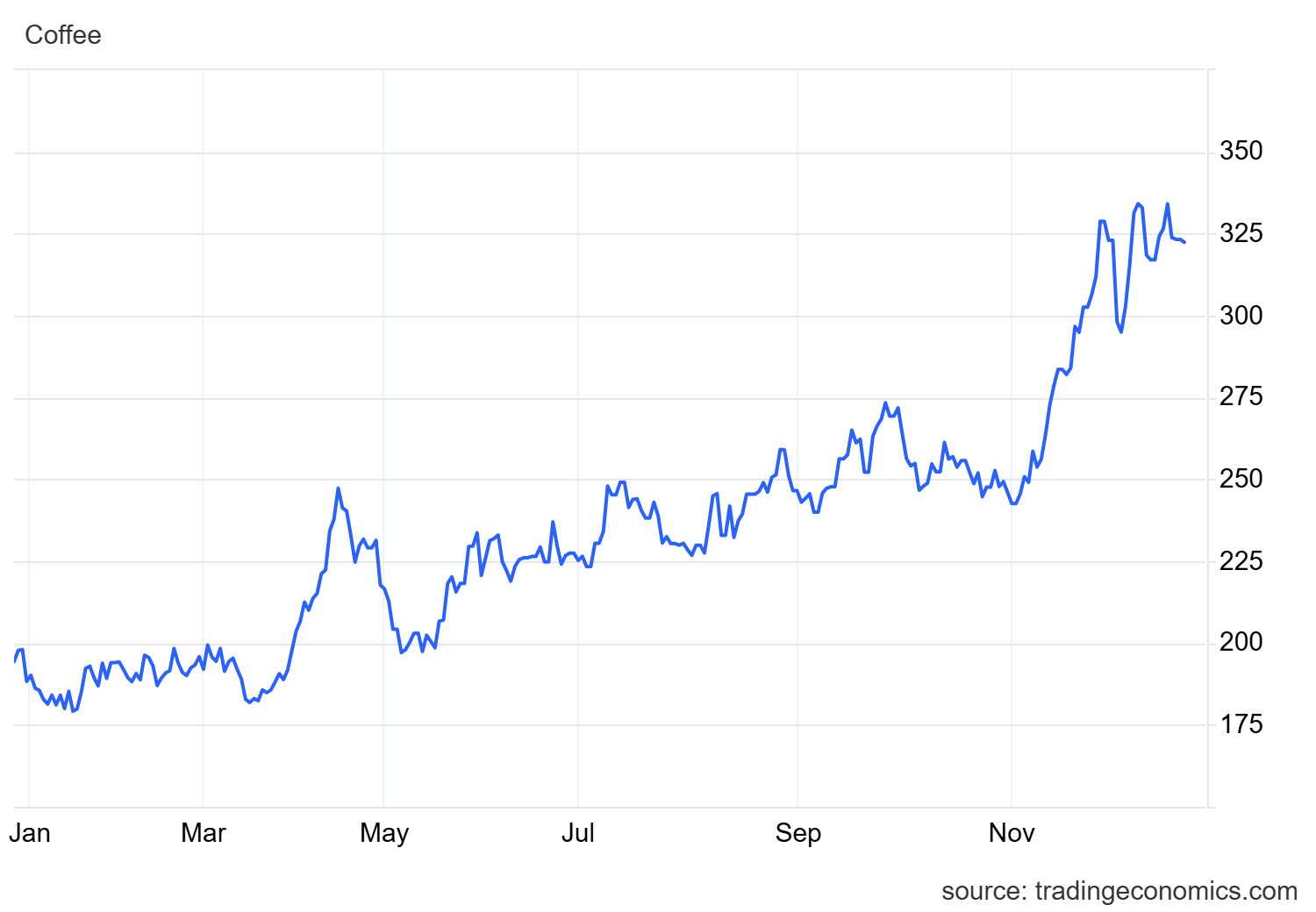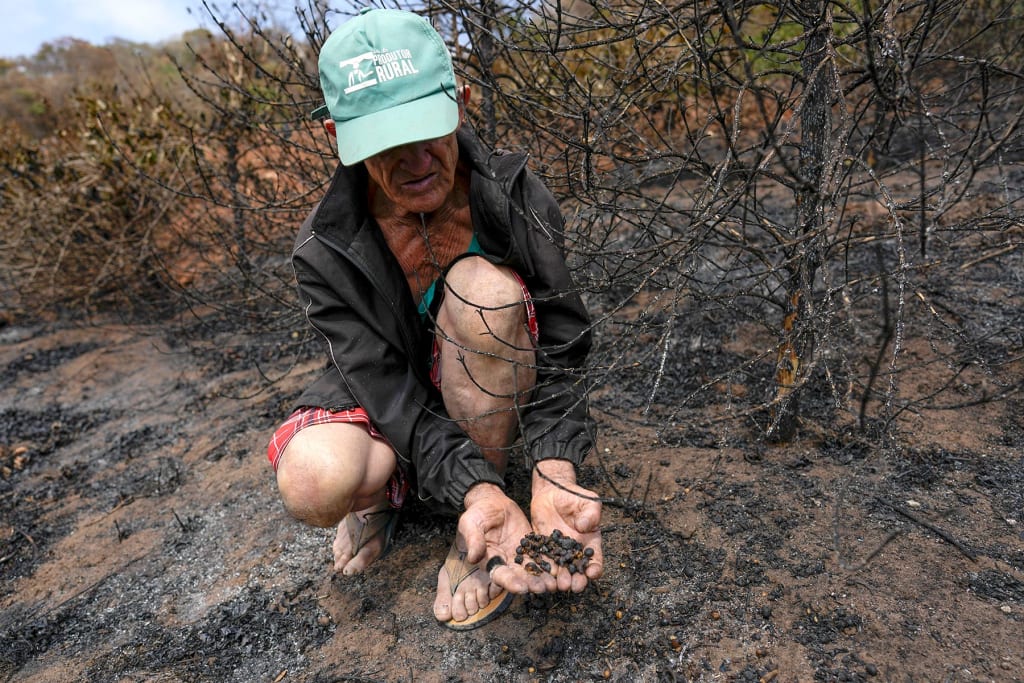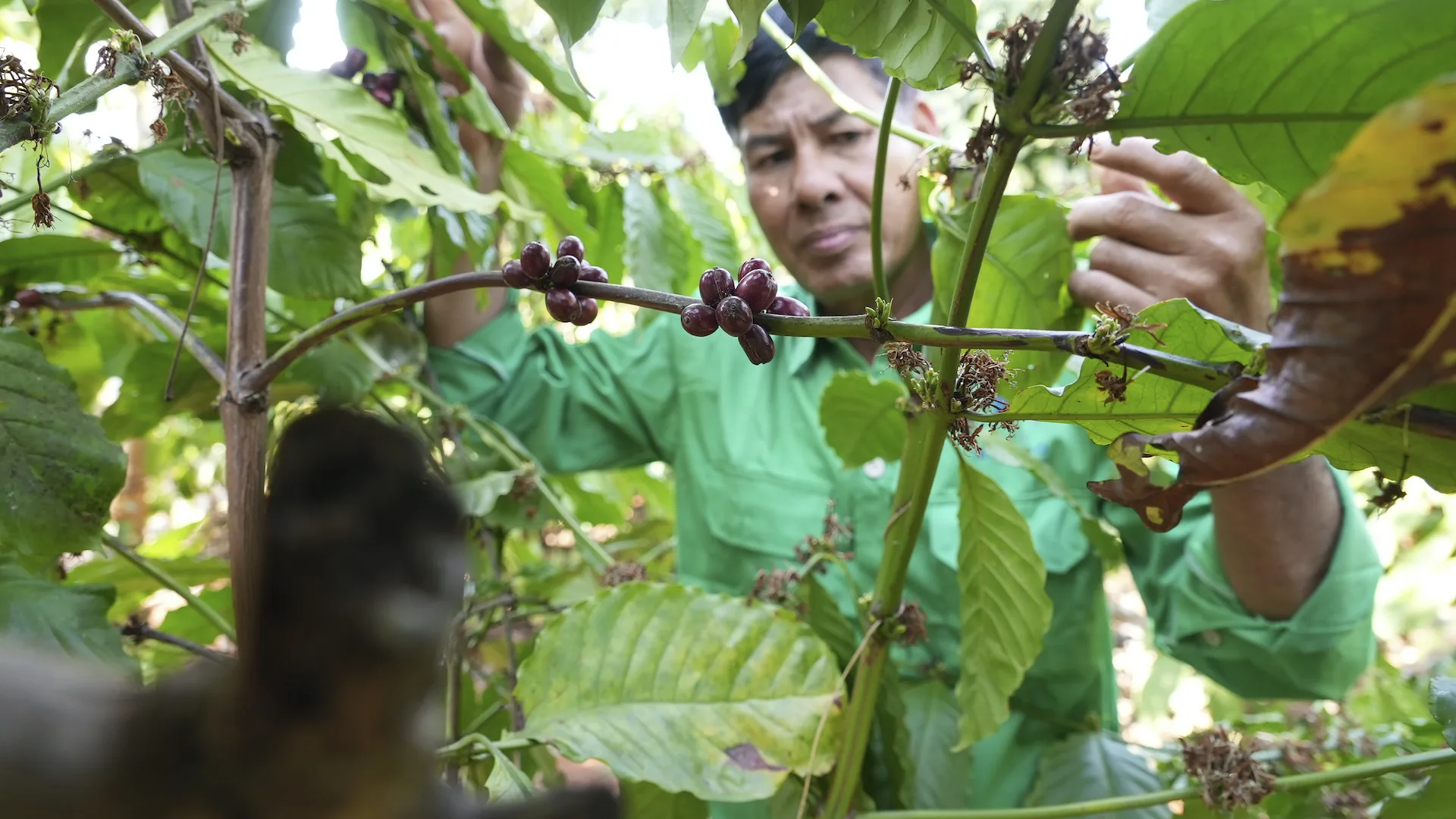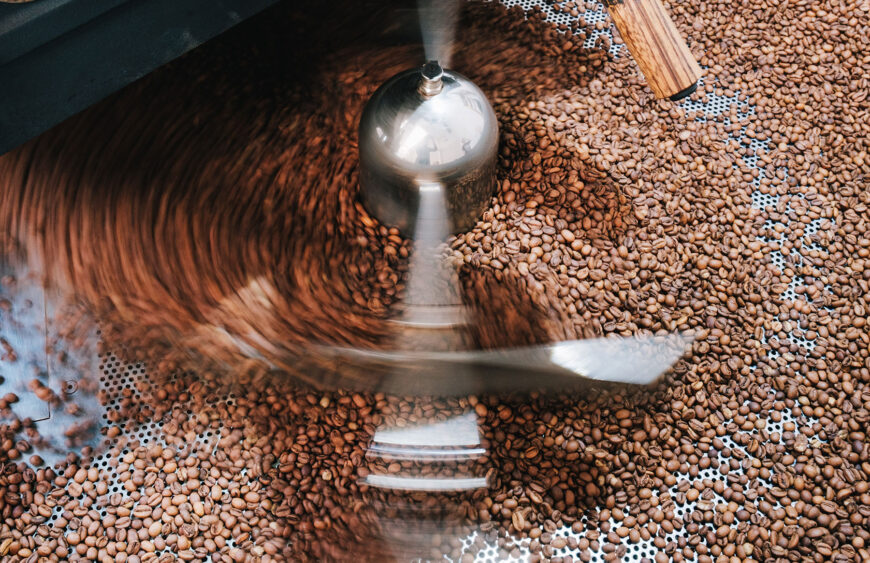We would like to inform you in advance about the upcoming changes in the prices of some of our coffees, which will apply from 1 January 2025. We have only proceeded with the price increase after careful consideration of all the circumstances and in the knowledge that it may affect our customers. This decision was not an easy one, but it became necessary due to a number of factors that affect the entire process – from the growing and processing of the coffee to its distribution. In the following lines we give you a detailed overview of the main reasons for this development.

Why are prices increasing?
Record drought in Brazil

Brazil, the world’s largest coffee producer, is facing its worst drought in seventy years. Erratic weather and extremely low rainfall levels have hit the coffee crop hard. The lack of moisture has meant that coffee trees are flowering less, which will have a significant impact not only on the current season but also on the next. Arabica production is expected to see a drastic decline in the coming year.
In addition to lower yields, the drought also complicates the harvesting process. Many farms have to cope with higher irrigation costs and lower labour efficiency, which, together with global shortages, are pushing coffee prices to all-time highs. Moreover, this situation threatens the long-term sustainability of coffee cultivation in Brazil’s most important growing areas.
Adverse conditions in Vietnam

Vietnam, the world’s second largest coffee producer, is facing significant challenges due to adverse climatic conditions. The dry season has been followed by intense rains which have negatively affected the quality and quantity of the harvest. These factors have caused prices of robusta on the London Stock Exchange to reach USD 5 041 per tonne in December 2024, an increase of 0.66% compared to the previous period.
Despite these challenges, Vietnamese farmers are trying to adapt to the situation and keep production at a competitive level. Coffee prices are expected to continue to rise, which may have an impact on the global market and consumers around the world.
Rising energy costs and legislative changes
Slovak entrepreneurs are facing increasing pressure from legislative changes that directly affect the prices of products, including coffee. New tax measures and rising costs of doing business are forcing producers and distributors to reflect these costs in final prices.
One of the main factors is the introduction of the transaction tax, which increases costs at all stages of the supply chain. Every transaction, from the purchase of raw materials to the sale of the finished product, is burdened with additional charges, which increases the overall cost of production and distribution.
Another important factor is the increase in VAT (value added tax) rates on certain categories of products, which directly affects the final price for consumers. For the coffee industry, where costs are calculated per tonne of material imported and processed, even a slight increase in VAT has a major impact.
In addition, businesses face increased energy costs, which are among the highest in the region. Roasters, distribution centres and retailers have to cope with higher operating expenses, which naturally increases the final cost of products.
These legislative and fiscal measures, together with inflation, are putting pressure on businesses, which can no longer absorb these costs without passing them on in prices. Coffee, as a globally traded product, is no exception and must reflect the reality of local and international economic changes.
Global food price rises
Like other foodstuffs, coffee is facing rising costs from growers and distributors, reflecting the global trend of rising prices. Climate change, such as droughts and floods, is undermining the stability of production and leading to lower yields. In addition, rising fuel and logistics prices increase transport costs, which are reflected in final prices. Inflation and the depreciation of local currencies against the dollar, the main trading currency for coffee, make imports even more expensive. This pressure is complemented by a growing global demand for choice foods, which production is often unable to meet. Geopolitical tensions and disrupted supply chains only compound these problems, making price increases inevitable.
We have tried to mitigate these changes as much as possible, but the impact of global conditions has been too great for us to fully absorb. We thank you for your understanding and trust that the quality of our coffee will continue to be what you value most about us.



